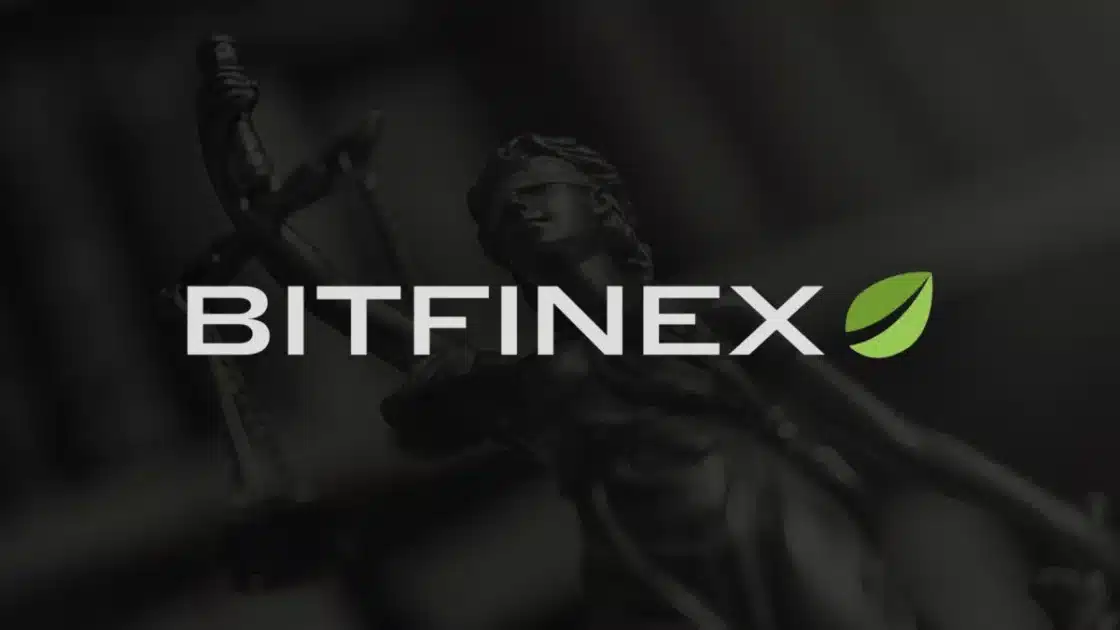U.S. prosecutors have recommended a five-year prison sentence for Ilya Lichtenstein, who pleaded guilty to a money-laundering conspiracy connected to the $6 billion Bitfinex hack. They argue that Lichtenstein reflects a troubling trend among young cybercriminals who normalize online offenses. Furthermore, they believe these criminals underestimate the harm they inflict on their victims, according to a Bloomberg report released today.
In a federal court in Washington, prosecutors advocate for “a strong sentence” to deter future cryptocurrency crimes. This push comes after one from last week that urged the court to require Lichtenstein’s wife, Heather Morgan, a co-conspirator, to be incarcerated for 18 months. In their latest filing on Tuesday, Lichtenstein’s prosecutors said that the mastermind behind one of the biggest crypto thefts should get a longer sentence.
Lichtenstein admitted to scheduling this heist, which slashed $4.5 billion out of Bitfinex, a crypto vendor operated by iFinex Inc. The couple acted on the plan in 2016 but were still at large when a federal raid arrested them on conspiracy and money laundering charges in 2022. Federal officials also seized $3.6 billion from the couple, which Monaco, the U.S. deputy attorney general, called ‘the largest financial seizure ever by the department.’
Also Read: Lif3 Accelerates DeFi Adoption and Innovation with BitFinex Listing
Lichtenstein and Morgan as the Main Perpetrators
The government has fingered Lichtenstein as the central actor in the Bitfinex hack, as he used the money to invest in cryptocurrency with help from his wife, Heather Morgan, alias Razzlekhan. The defense proved that Morgan supported her husband in hiding the stolen cryptocurrency, even when she learned of his participation in the hack in 2020.
While prosecutors are pursuing a significant sentence for Lichtenstein, they are not seeking the maximum penalty. This decision stems from Lichtenstein’s cooperation with the ongoing investigation. The couple is scheduled for sentencing in November 2024, and the outcomes of their cases may influence future legal approaches to cryptocurrency-related crimes. As the case unfolds, it highlights the increasing scrutiny surrounding cybercriminals in the digital asset space and the consequences of their actions.
Also Read: UK’s FCA Warns Investors to Avoid Dealing With Bitfinex
